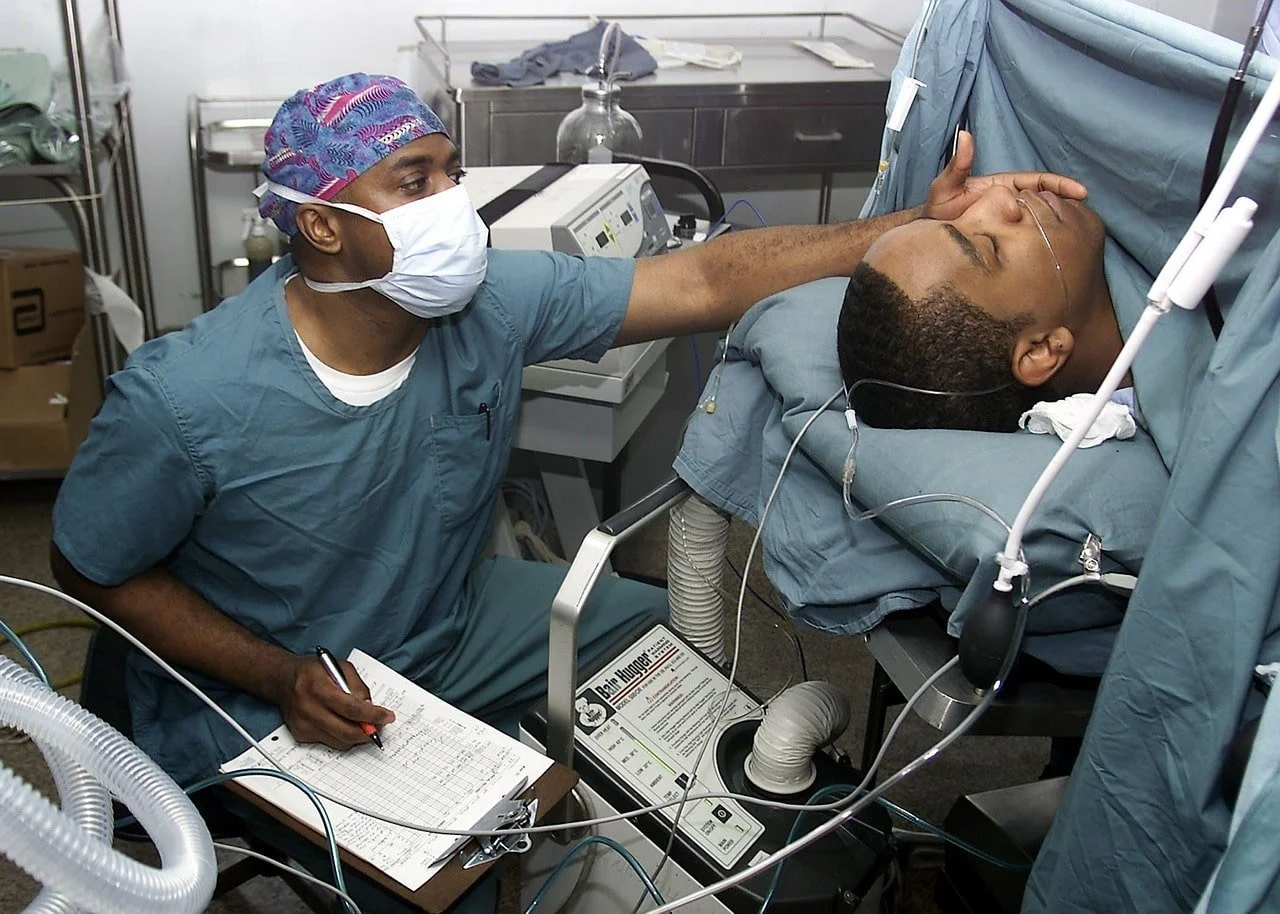Completing CASPA (Central Application Service for Physician Assistants - online application service of the Physician Assistant Education Association) takes a lot of effort, but there are ways to make the application process more manageable. You will need to collect and prepare several documents such as writing a personal statement or essay, contacting your references and getting letters of recommendation ready, previous job experiences, and submitting your transcripts. Applying to PA school can be challenging and time consuming. Plus, some schools might have different or additional requirements which you will need to make sure that you're not missing anything. This post will discuss a few CASPA tips and strategies to approach the CASPA application that will ease stress when the application cycle opens, and make sure you can avoid any potential application mistakes. Whether you’re applying for the first time or you’re a re-applicant to PA school, it’s important to follow CASPA application best practices to you don’t make critical mistakes or delay your Caspa application status for PA school.
Describing Your Experiences In The CASPA Application
First, have your “experiences” descriptions prepared before the cycle opens. This portion is one of the couple parts of CASPA you can work on before the cycle you’ll be applying. In the supporting materials section of CASPA, you are given the opportunity to list and describe the various roles and work experience that add to your CASPA application. Options to categorize your experiences include non-healthcare employment, research experience, volunteer, patient care experience, healthcare experience, shadowing, leadership experience, extracurricular activities, and teaching experience. You should also go over how your family life was when you were growing up. A great way to assure that each description is filled with as much meaningful information as possible is to jot down your responsibilities, what you learned, how these experiences helped you grow, etc. as you are currently involved in the role. I suggest keeping this information saved on a Microsoft word document or on a Google document. Being a nursing assistant is a great work experience before getting into a PA school.
For example, if you are currently a teaching assistant for a college course, keep a list of key points from this experience that can strengthen your PA program applications. This may include guiding students to the correct answer using critical thinking skills, always keeping open communication with the professors and team you are working with, and managing your time efficiently! Each of these make positive contributions to your ability to be a successful PA student and will be valued by admissions committees when you look at your CASPA application.
Knowing Your CASPA Cumulative & Science GPA
Second, have an accurate idea of what your CASPA cumulative GPA and CASPA science GPA will calculate as. You cannot view these CASPA calculated GPAs until you submit an application. If you submit an application to a program that has a hard cutoff cumulative GPA requirement of 3.2 and your CASPA calculated GPA is a 3.19, your application will basically be automatically rejected, which means if you’re a low GPA applicant, you’ll have to attend community college in order to raise your GPA to a high enough standard to get into PA school. Avoid this mistake! Many applicants are surprised by their CASPA calculated GPA. There are free online resources that can help you estimate it. Anticipating that your CASPA calculated GPA will be either higher/lower/or about the same as your undergraduate GPA will keep you informed and prepared when deciding which programs you should ultimately apply to.
Your CASPA GPA may be slightly different than your university’s calculated GPA for a few reasons. If your university offers grade forgiveness, your college GPA may appear higher than your CASPA calculated GPA. Grade forgiveness is sometimes offered at university’s and allows students to repeat a course that they did poorly in and only use the most recent course grade in the student’s overall GPA calculation. CASPA will count both grades, the poor grade and the higher grade, in the cumulative GPA. Also, if you have taken courses outside of the main college you earned your degree at, you must use these in your cumulative/science GPA calculations. CASPA will use grades from every course you’ve ever taken—course grades from undergraduate classes, random online courses, community college courses, etc. When you are deciding which programs to apply to, take the time to calculate your “CASPA” overall GPA and science GPA so you do not apply to a program and realize your calculated GPA was below the required minimum.
Becoming Familiar With CASPA’s Application Submission & Verification
Third, be familiar with the difference between CASPA application submission and verification. There is a difference and it is important when it comes down to program deadlines since every school might be on a different timeline. Some programs list a “submission” deadline and some list a “verification” deadline, some have what’s considered rolling admissions. This means that your application either needs to be submitted and paid for by that specific date, or needs to have been submitted, paid for, AND verified by the date stated. You must keep track of these deadlines!
CASPA recommends submitting and completing your application at least 6-8 weeks prior to program deadlines. Once your application is submitted and all required material is received, your applications status will update to “Complete.” Your application is then in line to be verified. Note that this may take a few weeks, but the average time it takes for your application to be verified is two weeks.
CASPA defines verification process as follows: “Verification is the process used to ensure all of your coursework was entered correctly and consistently. Since credit values, grade values, and course subjects vary widely from school to school, your programs need some type of standardization so they can accurately compare applicants. This standardization is achieved by using your coursework to create a standard set of GPAs, ensuring you are compared to other applicants fairly and equally.”
Let’s say the program you are applying to has a December 1st deadline for your application to be verified. It is best to aim to have your application submitted a few weeks prior to this deadline, so that by the time that December 1st deadline rolls around your application is submitted AND verified. To prevent missing any deadlines, keep a list of important dates for each program you are applying to. Check this list when the application cycle opens and make a plan that will guarantee your application is received by the admission committees before it is too late. At this part of the PA school application process, you’ll have to brush up on your interview skills.
If you ever have a question about the CASPA application, reach out to a representative through their website! Keep in mind that CASPA site has a vast help center, a great “quick start guide” and a live chat service.














Let’s dive into the specific surgical procedures that PAs can undertake while highlighting their collaborative nature within operating rooms. By shedding light on both the benefits and limitations associated with PAs in surgical settings, we hope to foster a deeper appreciation for their invaluable contribution to modern healthcare.